Brilliant and engagingly written, Why Nations Fail answers the question that has stumped the experts for centuries: Why are some nations rich and others poor, divided by wealth and poverty, health and sickness, food and famine? Is it culture, the weather, geography?
Perhaps ignorance of what the right policies are? Simply, no. None of these factors is either definitive or destiny. Otherwise, how to explain why Botswana has become one of the fastest growing countries in the world, while other African nations, such as Zimbabwe, the Congo, and Sierra Leone, are mired in poverty and violence?
Daron Acemoglu and James Robinson conclusively show that it is man-made political and economic institutions that underlie economic success (or lack of it). Korea, to take just one of their fascinating examples, is a remarkably homogeneous nation, yet the people of North Korea are among the poorest on earth while their brothers and sisters in South Korea are among the richest. The south forged a society that created incentives, rewarded innovation, and allowed everyone to participate in economic opportunities.
The economic success thus spurred was sustained because the government became accountable and responsive to citizens and the great mass of people. Sadly, the people of the north have endured decades of famine, political repression, and very different economic institutions—with no end in sight. The differences between the Koreas is due to the politics that created these completely different institutional trajectories.
Based on fifteen years of original research Acemoglu and Robinson marshall extraordinary historical evidence from the Roman Empire, the Mayan city-states, medieval Venice, the Soviet Union, Latin America, England, Europe, the United States, and Africa to build a new theory of political economy with great relevance for the big questions of today, including: - China has built an authoritarian growth machine.
Will it continue to grow at such high speed and overwhelm the West? - Are America’s best days behind it? Are we moving from a virtuous circle in which efforts by elites to aggrandize power are resisted to a vicious one that enriches and empowers a small minority? - What is the most effective way to help move billions of people from the rut of poverty to prosperity?
More philanthropy from the wealthy nations of the West? Or learning the hard-won lessons of Acemoglu and Robinson’s breakthrough ideas on the interplay between inclusive political and economic institutions? Why Nations Fail will change the way you look at—and understand—the world."















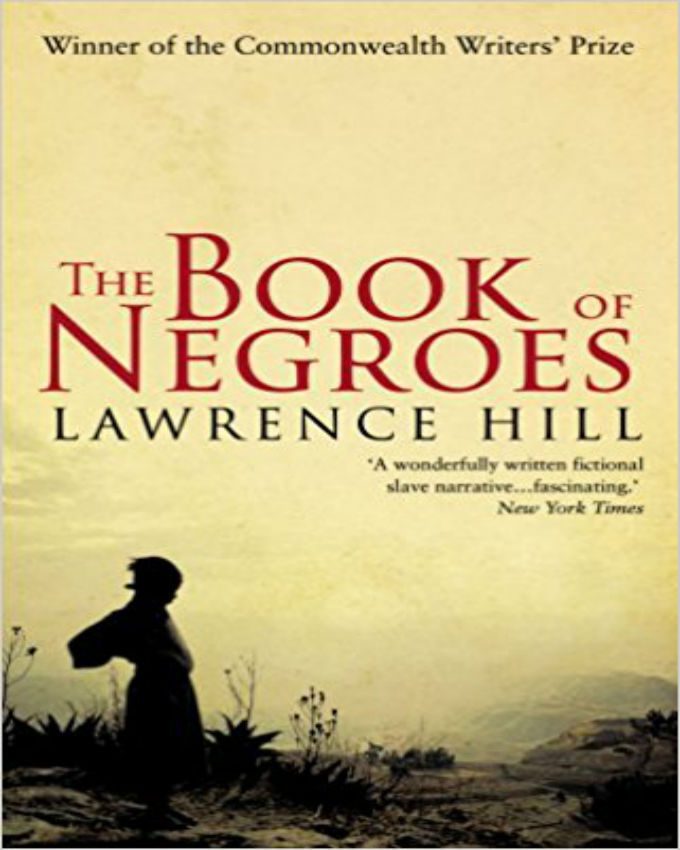

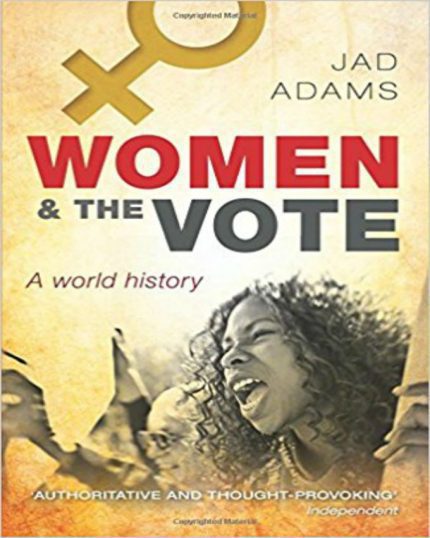
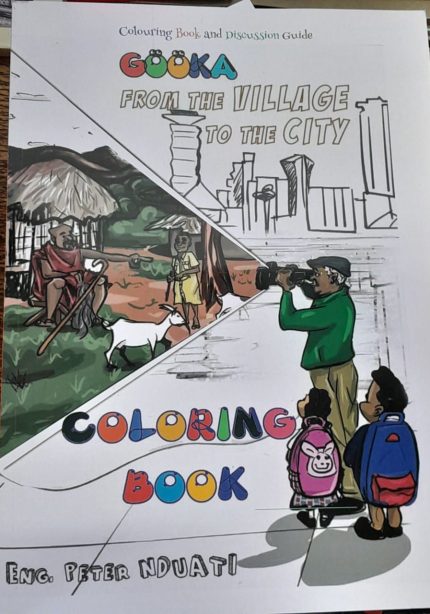
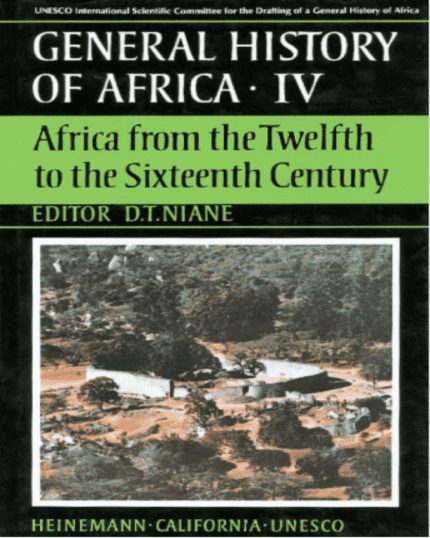

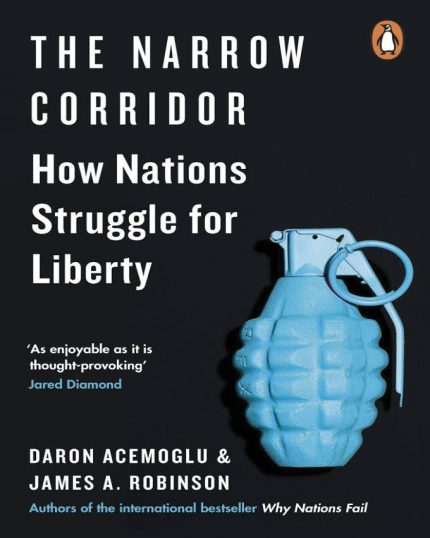














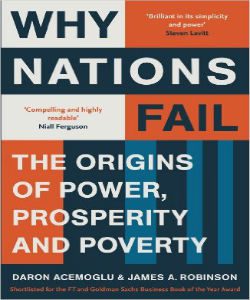




Chief, the NuriaStore bookseller –
The Book of Negroes is a book that makes you understand the cruelty of slavery and the implications of not being free. The storyline is compact and successfully communicated the different nuances of the challenges Aminata faced. Despite having introduced many characters throughout the novel, character development is brilliantly done. You can feel connected to the characters and have an understanding of all the different perspectives presented.
The Book of Negroes goes into great extent detailing the cruelties humans can do to each other. However, it also shows how far having a strong will can go in helping you achieve your dreams. Being separated by slavery, Aminata and Chekura were able to stay loyal to each other no matter the distance or danger presented in their way.
The book is beautifully written and provides a good understanding of what living in slavery means. You learn to relate and care for the characters and especially Aminata Diallo. I’d recommend this book to anyone who enjoys great character development or to anyone who wants to have a deeper understanding of what it means to live in slavery.